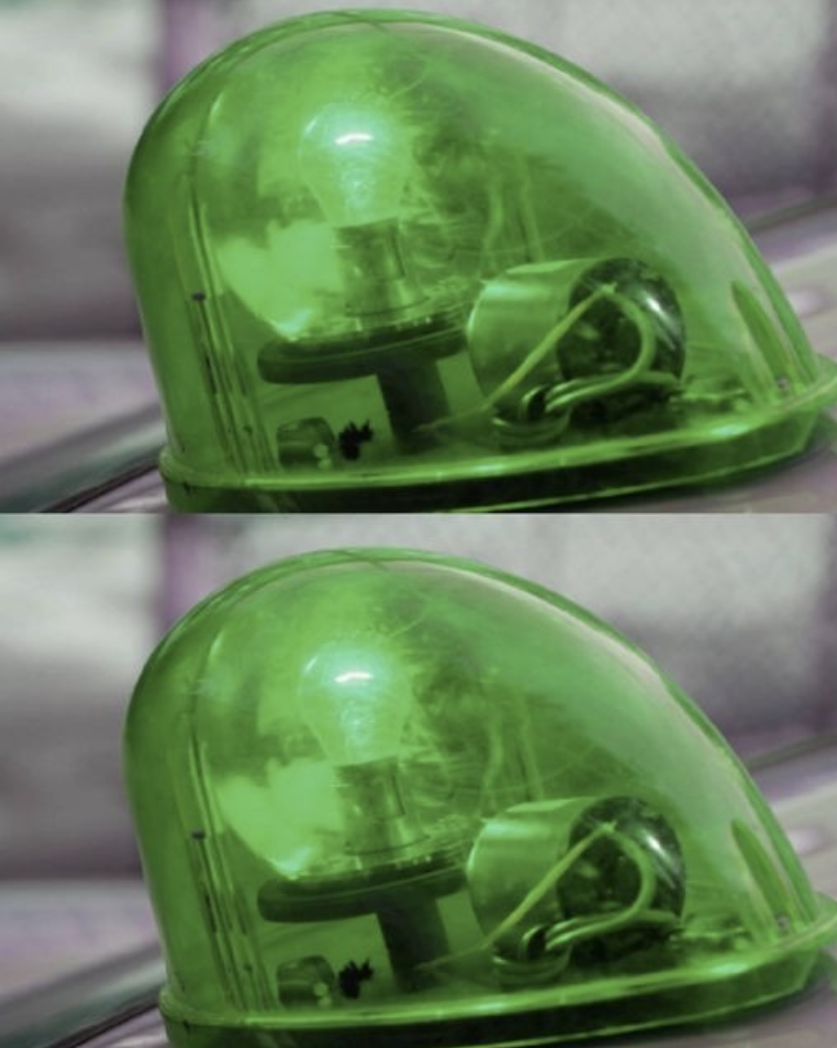Location: Dashboard
Meaning: A green light often indicates that cruise control is active and engaged. This feature allows drivers to set a constant speed without maintaining pressure on the accelerator, promoting comfort on long drives.
3. Headlight or Fog Light Activation
Location: Dashboard or exterior switch
Meaning: Green lights may signify that your headlights or fog lights are turned on, particularly if the switch backlight is green. Some vehicles also use green indicator lights to show when specific exterior lights are active.
4. Eco Mode or Fuel Efficiency Mode
Location: Dashboard
Meaning: Many modern vehicles have Eco or Fuel Efficiency modes, often indicated by a green light or icon. Activating this mode adjusts engine and transmission settings to optimize fuel consumption, helping you drive more environmentally friendly and save fuel.
5. All-Wheel Drive or Four-Wheel Drive Indicators
Location: Dashboard
Meaning: In vehicles equipped with all-wheel or four-wheel drive systems, a green light may indicate that the system is engaged or functioning properly, assisting traction on challenging surfaces.
6. Sensor or System Alerts
Location: Dashboard
Meaning: Some cars use green lights to alert that safety or sensor systems—such as lane-keep assist or parking sensors—are active and functioning correctly. These lights often reassure drivers that their safety features are engaged.
Why Green Lights Are Important
Green indicator lights are generally meant to be reassuring signals, indicating that a feature is active or functioning properly. They differ from yellow or red warning lights, which usually mean caution or problem conditions requiring immediate attention.
Tips for Drivers
- Familiarize with your vehicle’s dashboard: Check your owner’s manual to understand what each green light indicates for your specific model.
- Avoid ignoring indicator lights: While green lights often signal normal operation, always ensure you understand what they mean to avoid overlooking important vehicle statuses.
- Ensure proper system engagement: Use vehicle systems like cruise control and eco modes responsibly, following manufacturer guidelines for safety.
Final Thoughts
Green lights on your car serve as helpful signals that various systems are active and functioning correctly. By understanding what these lights mean, you can drive more confidently, monitor your vehicle’s performance, and ensure safety on the road. Next time you see a green light glow, you’ll know exactly what it signifies and how to respond accordingly.
If you have specific questions about a particular green light on your car, consult your vehicle’s manual or reach out to a professional mechanic for personalized advice!
